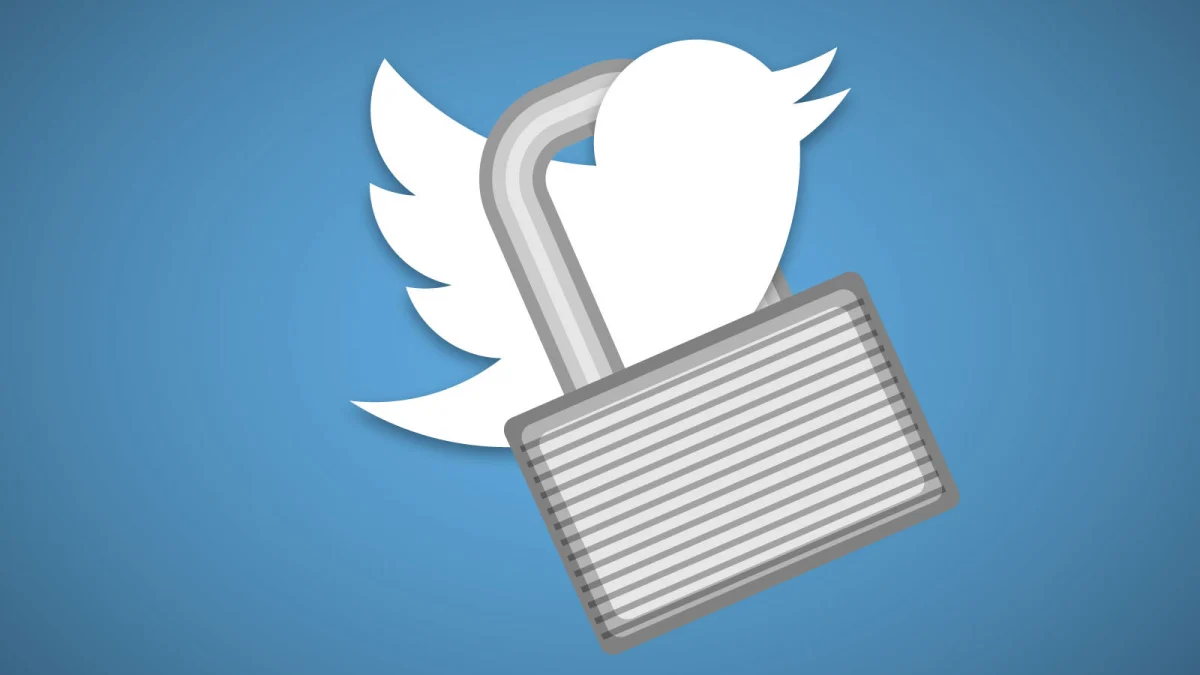As a result of Elon Musk’s buyout of Twitter for $44 billion last month, certain parts of the popular social network are presently being adjusted. There are also some earlier Twitter features, such as Vine, that may be brought back. However, it seems like another essential feature might return to Twitter in the near future: end-to-end encryption for direct conversations.
Jane Manchun Wong (@wongmjane), who has correctly anticipated Twitter features, tweets the same. Twitter restores end-to-end encrypted DMs Twitter for Android is showing symptoms of the feature, Wong added. Elon Musk reacted to Wong’s post with a ‘wink,” implying that Twitter is developing the function.
Read also: The Nigerian government now monitors Twitter
End-to-end (E2E) encryption encrypts and secures all communications between two parties on the platform, preventing even the platform from intercepting them. Encrypting Twitter’s DMs would make it a secure instant messaging option like WhatsApp and Telegram.
However, competitors like WhatsApp and Telegram are far ahead in terms of communication features, supporting encrypted group chats, voice and video calls, as well as many other features. while Twitter would have the added benefit of continuing to be the microblogging destination it has been for years.
Read also: ‘Remote working will end’: Elon Musk tells Twitter staff
According to the following tweet that Wong sent, Twitter has been working on implementing encryption for direct messages on Twitter in 2018. On the other hand, the project was eventually scrapped. Musk himself has been a loud champion of the messaging software Signal, another popular communication tool with a number of features focused on security and privacy, including the ability to encrypt conversations from beginning to end. It is still unknown whether or not Twitter will include further features geared toward one-on-one communication in the not-too-distant future.
Although Signal lacks the functionality of some of its rivals, it has attracted a loyal following of privacy-conscious users, many of whom switched from WhatsApp because of the controversy surrounding the company’s Privacy Policy in 2021.
















